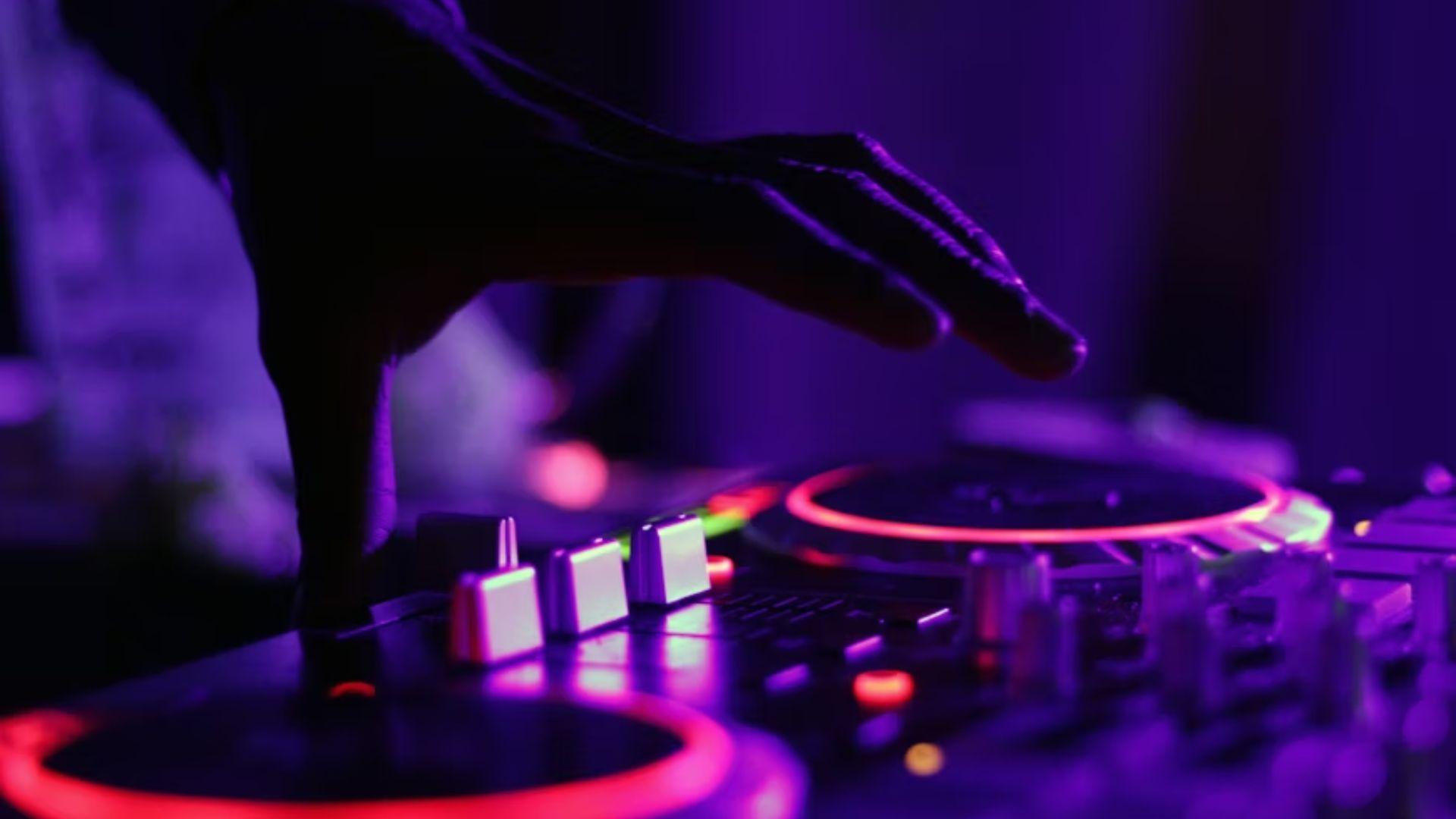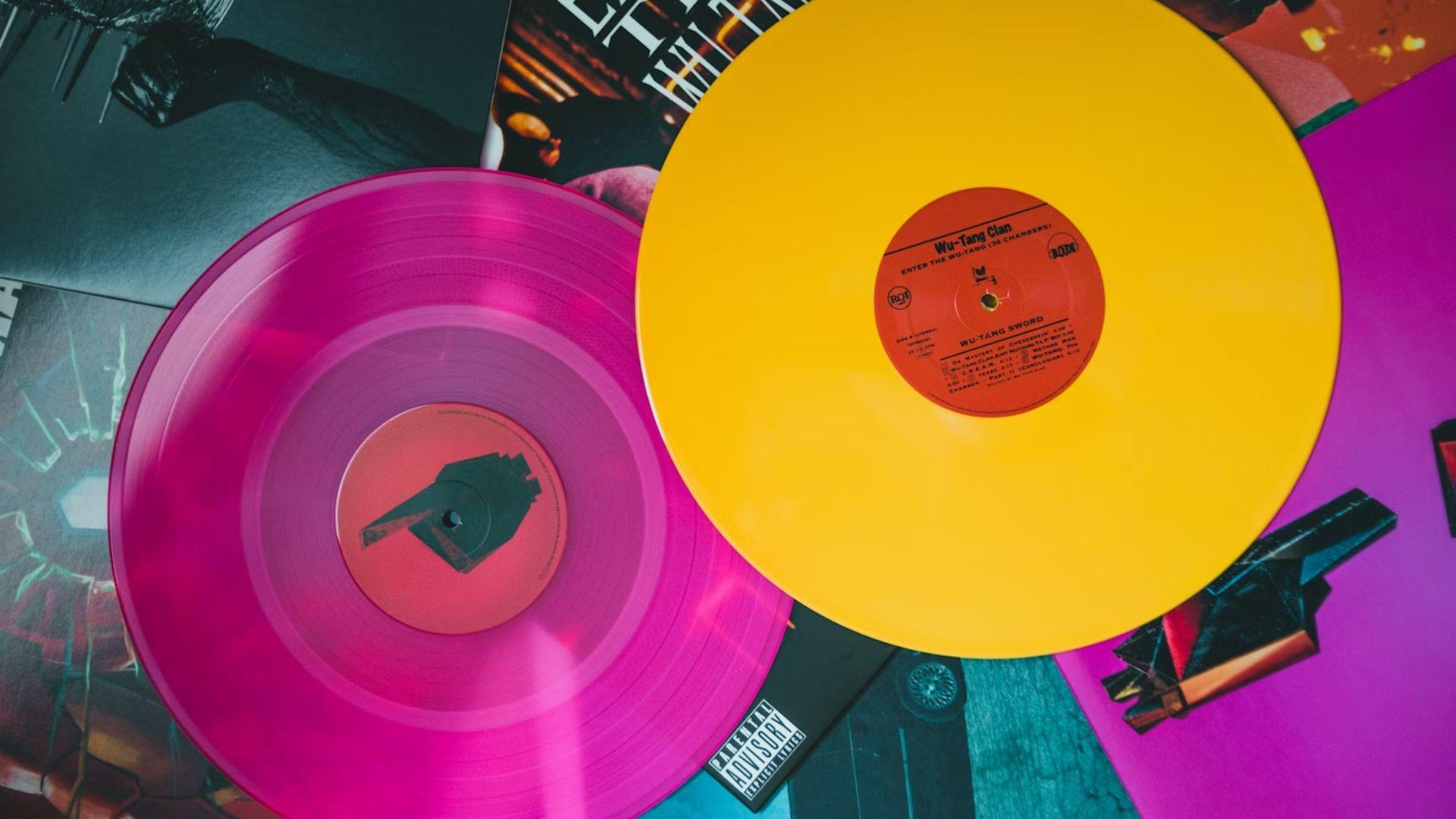The world’s biggest record labels are suing two artificial intelligence (AI) companies in an attempt to protect their artist’s intellectual property.
The complaints from the Recording Industry Association of America (RIAA) say that AI startups are illegally training their models based on copyrighted recordings.
Who is Being Sued?

The Recording Industry Association of America (RIAA) has filed lawsuits against Udio AI and Suno. They have done so on behalf of Universal Music Group NV, Sony Music Entertainment, and Warner Music Group Corp.
The RIAA, which acts as a trade group for different leading record labels, is seeking $150,000 in damages for each infringed piece of work – which could amount to billions of dollars in total.
RIAA Speak Out

Mitch Glazier, chief executive officer of the RIAA, said, “The music community has embraced AI, and we are already partnering and collaborating with responsible developers to build sustainable AI tools centered on human creativity that put artists and songwriters in charge,”
However, he added, “But we can only succeed if developers are willing to work together with us. Unlicensed services like Suno and Udio that claim it’s ‘fair’ to copy an artist’s life’s work and exploit it for their own profit without consent or pay set back the promise of genuinely innovative AI for us all.”
The Controversial Work of AI Startups

AI startups like Udio and Suno utilize generative AI to automate the process of creating music. Their software allows users to type in written prompts, such as “a rock song about a break-up”, and in return get an AI-generated song within seconds.
However, in order to train their AI software, companies like Udio and Suno have to feed it existing songs.
Suno Speak Out

While Udio has not yet responded to reporters request for comments, Suno have offered a forceful defence of their practices.
Suno don’t allow users to include artist’s names in their prompts. CEO Mikey Shulman said Suno’s technology is, “designed to generate completely new outputs, not to memorize and regurgitate pre-existing content.”
Who Are Suno and Udio?

Suno was founded in Cambridge, Massachusetts in 2022 and raised an eye-watering $125 million in May.
Meanwhile, Udio was started by researchers formerly with Google’s DeepMind and raised $10 million in funding in April.
AI Songs Provoke Artist Backlash

Last year, a Bad Bunny song featuring Justin Bieber went viral, attracting millions of likes on video-sharing app TikTok. Except neither artist actually sang on the song; it was created by artist FlowGPT using AI.
While Bad Bunny condemned the song, which was ultimately removed from TikTok, it continued to be widely circulated by fans on the internet.
AI Rise Prompts Ethical Concerns

Reporter Andrew R. Chow wrote that “Some boosters argue that these advancements [in AI] will further the democratization of music, allowing anyone with an idea to create music from their bedroom.”
However, he added, “Some artists have reacted with fury that something so personal as their voice or musical style could be co-opted and commodified for someone else’s gain.”
AI Already Being Used By The Industry

Not all use of AI in music is insidious and the technology is already being used by music producers to enhance their own recordings.
Recently, the Beatles used AI to isolate John Lennon’s vocals from a 1978 recording to create the song “Now and Then”, which was officially released last November to critical acclaim.
Uncertain Future For AI in Music

The fight over the use of AI in music doesn’t look to be going anywhere anytime soon. Last year, Sony Music said they had issued nearly 10,000 takedown requests for unapproved vocal deepfakes.
Meanwhile, artists continue to rail against the technology. Dolly Parton recently called AI vocal clones “the mark of the beast,” while Sheryl Crow called Drake’s recent use of AI-generated Tupac vocals “hateful”.

